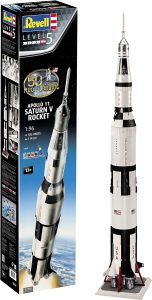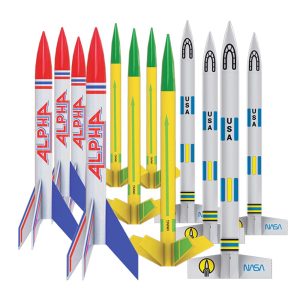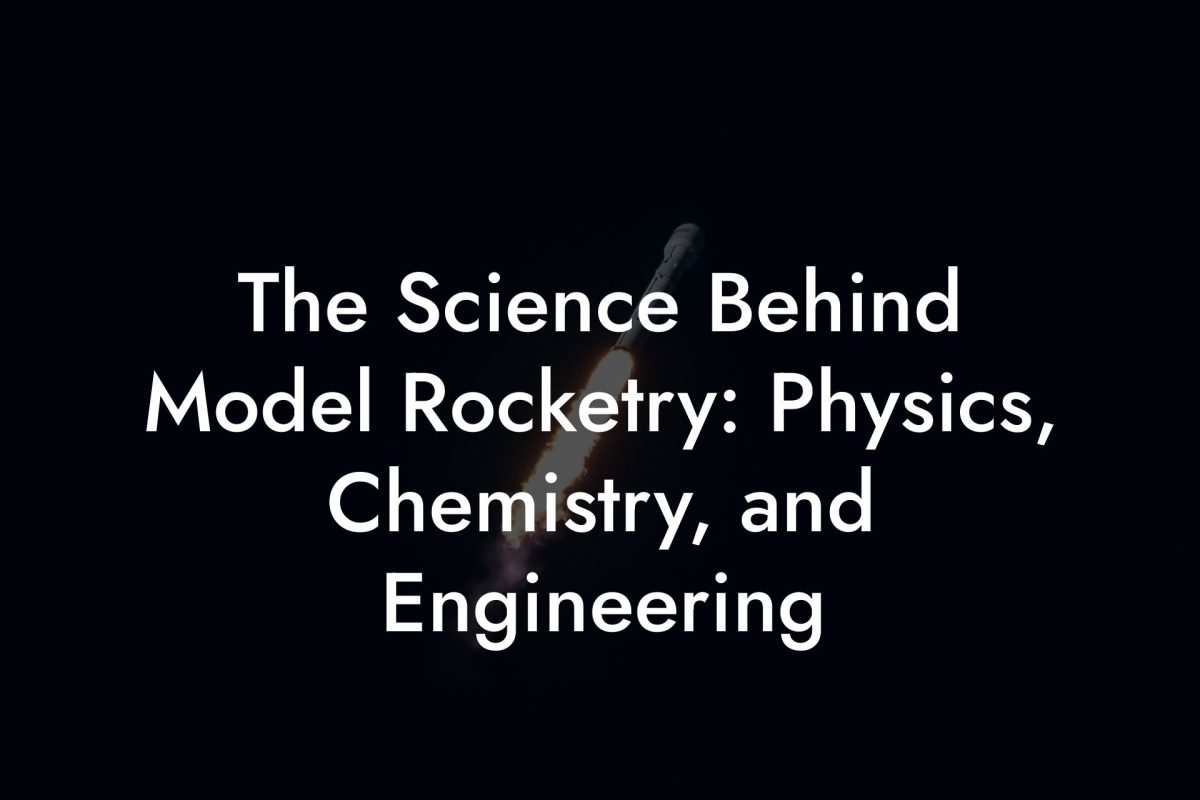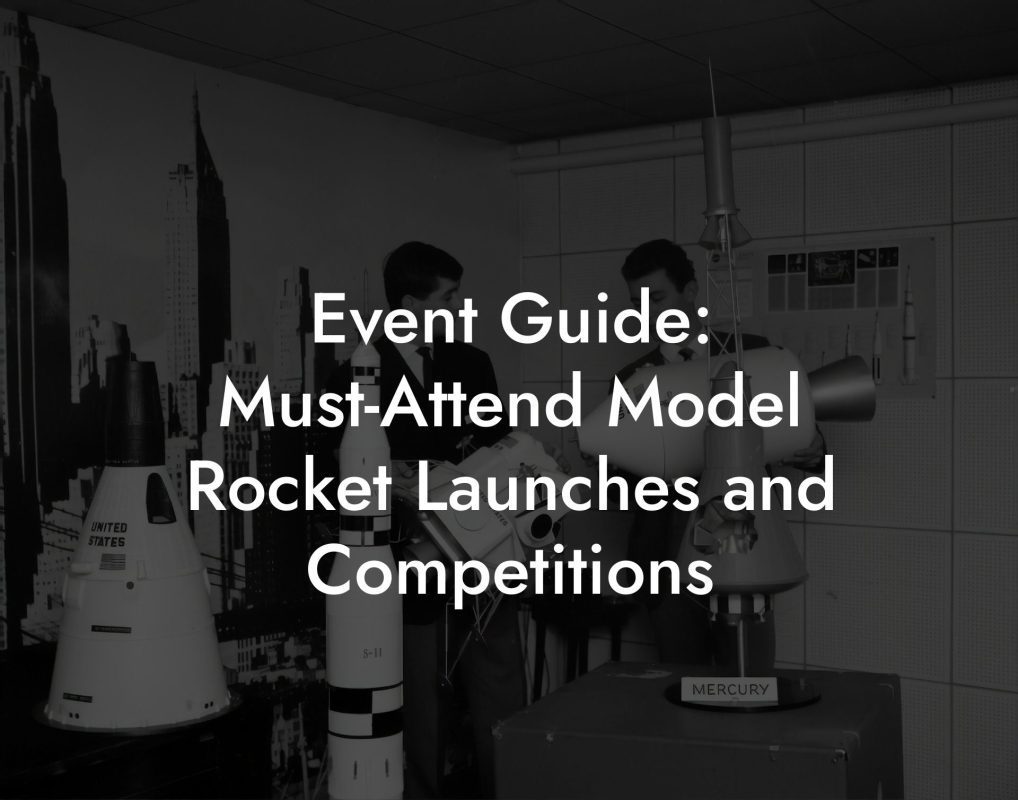Welcome to "Inside the World of Model Rocket Competitions: A Beginner's Guide", your gateway into the exciting arena where passion, precision, and creativity come together for high-flying fun. Whether you’re new to the hobby or just curious about the competitive side of model rocketry, this guide will introduce you to the basics of competitions, offer practical tips, and help you understand how to get started in a supportive community.
Quick Links to Useful Sections
- Introduction: Discovering the Thrill of Competition
- Types of Model Rocket Competitions
- Getting Started: Tips for Beginners
- Competition Preparation: From Design to Launch Day
- Benefits of Competing: Learning and Growth
- Model Rocket Competitions FAQs
- Your Next Launch: Connect, Compete, and Soar to New Heights
Introduction: Discovering the Thrill of Competition
Model rocket competitions are more than just contests, they’re a vibrant community experience where enthusiasts gather to showcase their designs, share knowledge, and push the limits of what their rockets can do. For beginners, entering a competition can seem daunting, but it’s also one of the best ways to learn, grow, and have fun.
In this guide, we’ll explore the different types of competitions, explain the key rules and scoring systems, and provide tips on how to prepare for your first competitive launch. Get ready to turn your curiosity into a competitive edge!
Types of Model Rocket Competitions
Competitions in model rocketry come in various formats, each emphasizing different aspects of the hobby:
- Altitude Competitions: Test your rocket’s ability to reach the highest possible altitude. The goal is to achieve a peak height while maintaining stability.
- Duration Competitions: Focus on how long your rocket stays in the air. These contests reward designs that provide sustained flight times.
- Payload Competitions: These events challenge you to incorporate a functional payload, such as sensors or cameras, adding a technical twist to your design.
- Design and Innovation Challenges: Competitions where creativity is key, participants are judged on both aesthetics and engineering prowess.
Getting Started: Tips for Beginners
If you’re new to competitions, here are some practical tips to help you get started:
Looking For The Best Model Rocket Kits? You'll Love These:
- Start Small: Begin with local club events or beginner-friendly categories. These provide a supportive environment and valuable feedback without overwhelming pressure.
- Learn the Rules: Familiarize yourself with the competition guidelines. Understanding scoring, safety protocols, and launch procedures is essential.
- Practice, Practice, Practice: Use test launches to refine your design. Gather data, make adjustments, and iterate until you’re confident in your rocket’s performance.
- Engage with the Community: Join online forums and local rocketry clubs. Networking with experienced competitors can offer mentorship, insights, and support.
- Document Your Journey: Keep a launch log and note any modifications you make. This record will be invaluable for troubleshooting and improvement.
Competition Preparation: From Design to Launch Day
Preparing for a competition involves more than just building a rocket. Consider these steps to ensure you’re ready for the big day:
- Review Your Design: Analyze your rocket’s performance through test launches. Ensure that it meets the competition requirements and that safety features are in place.
- Practice Launch Procedures: Rehearse your launch sequence with your team. Familiarity with the process reduces anxiety and minimizes errors on competition day.
- Prepare Your Equipment: Double-check your launch pad, controller, and safety gear. Ensure that all digital tools, such as telemetry systems, are calibrated and ready for use.
- Plan for Weather: Keep an eye on the forecast. Adjust your schedule if conditions are not ideal to ensure a safe and successful launch.
Benefits of Competing: Learning and Growth
Competing in model rocket events offers numerous benefits:
- Skill Development: Competition forces you to optimize every aspect of your design, from aerodynamics to engine performance, enhancing your technical skills.
- Feedback and Mentorship: Judges and experienced competitors provide constructive feedback, helping you learn and improve.
- Community Engagement: Competitions foster a sense of camaraderie and shared passion, opening doors to new friendships and collaborations.
- Personal Achievement: Successfully competing and improving your performance builds confidence and motivates you to push the boundaries of your creativity.
Model Rocket Competitions FAQs
Here are some frequently asked questions to help you navigate your first competition:
1. What are the most common types of model rocket competitions?
Competitions can focus on altitude, flight duration, payload functionality, or overall design and innovation.
2. How do I find local or online competitions?
Check out local rocketry clubs, online forums, and websites of organizations like the National Association of Rocketry (NAR) and the Tripoli Rocketry Association.
3. Is it necessary to have a custom rocket to compete?
No, many competitions have categories for kit-based rockets. As you gain experience, you can gradually customize and upgrade your designs.
4. What safety measures should I be aware of in competitions?
Familiarize yourself with competition safety protocols, including proper launch procedures, engine handling, and recovery system requirements.
5. How can I improve my performance in competitions?
Use test launches to collect data, refine your design based on feedback, and practice your launch procedures. Engaging with experienced rocketeers can also provide valuable insights.
6. Are there competitions specifically for beginners?
Yes, many local clubs and organizations offer beginner-friendly categories to help new rocketeers build confidence and gain experience.
7. What should I do if my rocket fails during a competition?
Use any setbacks as learning opportunities. Analyze the failure, seek feedback from mentors, and use the experience to improve your design for future events.
8. How important is documentation in competitions?
Keeping a detailed launch log and recording data from your flights can help you identify areas for improvement and track your progress over time.
9. Can I participate in competitions if I only build kit rockets?
Absolutely, many competitions have divisions for kit-based rockets, and you can always start there before moving on to more advanced custom designs.
10. How do competitions benefit the rocketry community as a whole?
Competitions encourage innovation, foster collaboration, and provide a platform for sharing knowledge and experiences, driving the hobby forward for everyone.
Your Next Launch: Connect, Compete, and Soar to New Heights
Model rocket competitions are a gateway to learning, growth, and excitement. They offer a chance to test your skills, gain invaluable feedback, and become part of a supportive community of enthusiasts. Embrace the challenge, document your journey, and let every launch push you closer to mastery.
Dive into the world of competitive rocketry, join local events, and start building connections with fellow rocketeers. Your journey from beginner to champion begins with taking that first leap, so get ready, join the community, and let your rocket soar!
Looking For The Best Model Rocket Kits? You'll Love These:
Useful Interruption: Dive deeper into the world of Model Rockets with our most popular sections. If there is anything you think is missing or anything you would love for us to write about, just give us a shout.
- Getting Started & Basics With Model Rockets
- Model Rocket Design, Build & Customization
- Model Rocket Propulsion & Engine Technology
- Model Rocket Launch Techniques & Recovery
- Model Rocket Advanced Rocketry & Innovations
- Model Rocket DIY and Customization
- Model Rocket Equipment Reviews & Digital Tools
- Community, Competitions & Education
- Model Rocket Troubleshooting & FAQs
- Model Rocket Bonus/Seasonal & Niche Topics
A group of model rocket enthusiasts gathered at a field for their weekly launch event. Among them was Dave, a seasoned builder known for pushing the limits of hobby rocketry. This time, he had outdone himself.
“Ladies and gentlemen,” Dave announced, dramatically pulling a cloth off his latest creation, “I present to you: The Kraken!”
The crowd gasped. This wasn’t just a model rocket, it was a monster. The thing stood 8 feet tall, had six clustered engines, and was covered in enough duct tape to qualify as a classified aerospace project.
“Dave,” muttered Steve, the cautious safety officer, “Have you, uh… done the math on this?”
“Math?” Dave scoffed. “I built it in my garage at 3 a.m. with parts from eBay. This is an art piece, Steve.”
The countdown began.
5…
4…
3…
2…
1…
The engines ignited with a BOOM, and The Kraken shot up… kind of. It immediately did a violent barrel roll, narrowly missing the spectators before skyrocketing at an angle that could only be described as “legally questionable.”
The crowd collectively ducked as The Kraken flew straight over the adjacent cornfield, where Old Man Jenkins, the grumpiest farmer in town, was minding his business.
KABOOM!
The rocket disappeared behind the barn. A moment later, a flaming piece of Estes igniter wire landed at Steve’s feet. The silence was deafening.
And then, an unmistakable sound echoed across the field.
Jenkins’ shotgun being cocked.
“DAVE!!!” Steve shouted. “RUN.”
And that was the day Dave invented the first-ever biologically powered rocket booster: pure adrenaline.
To this day, nobody knows where The Kraken landed, but legend has it, it still haunts the skies, terrifying unsuspecting drones and low-flying birds.










